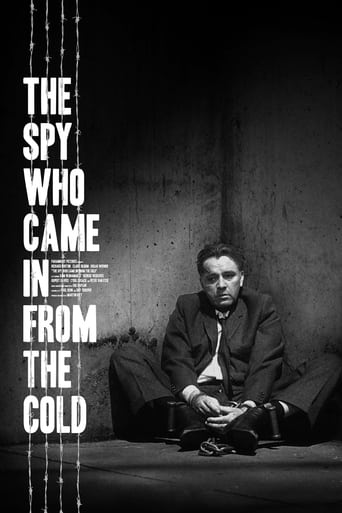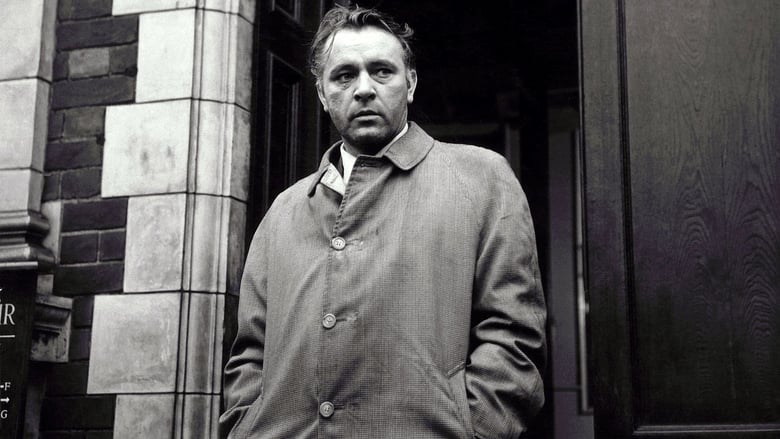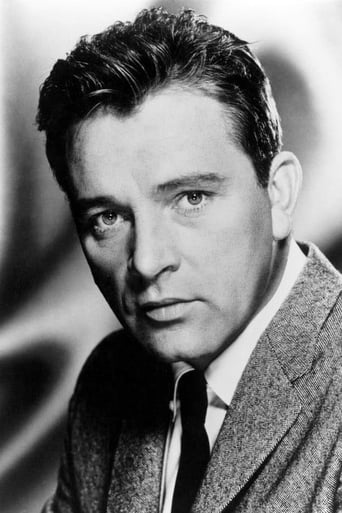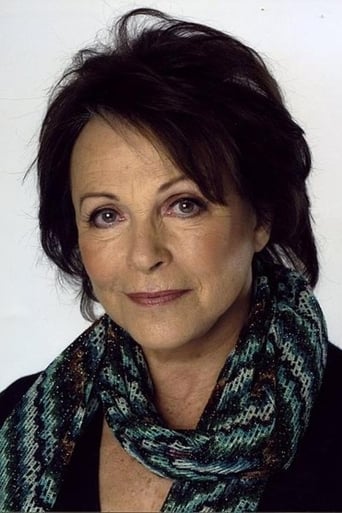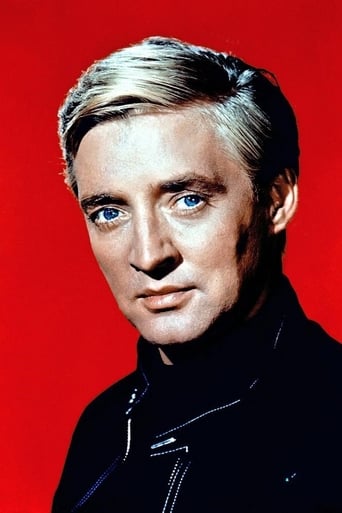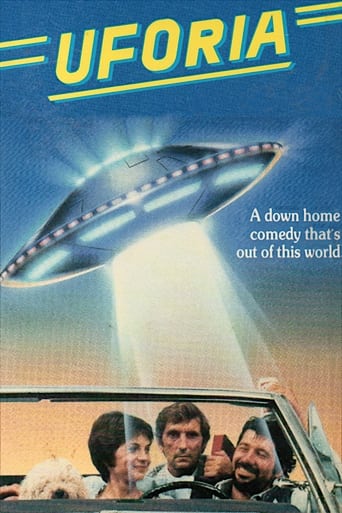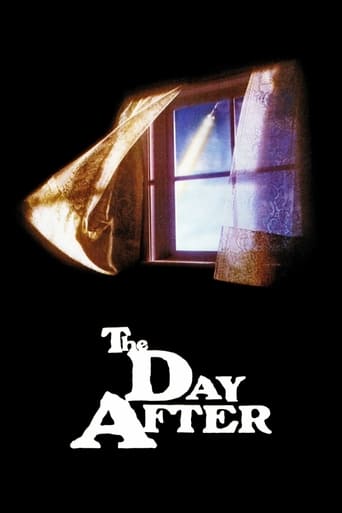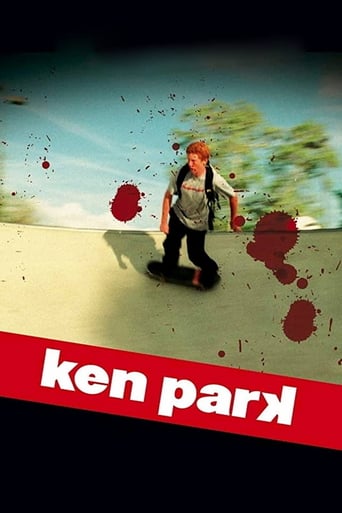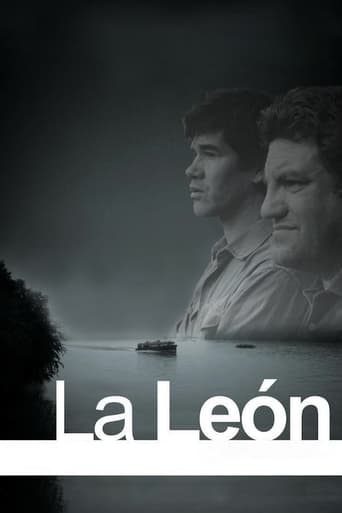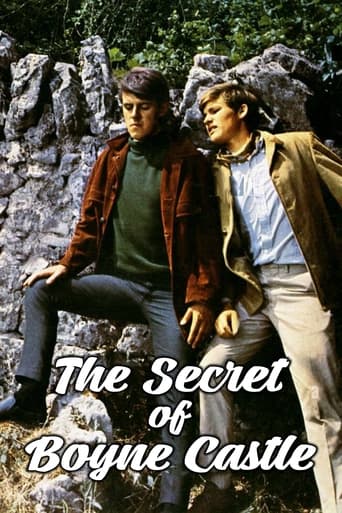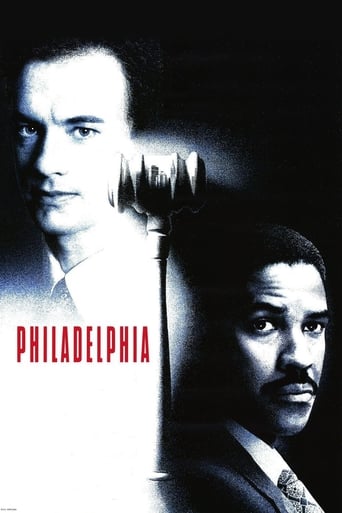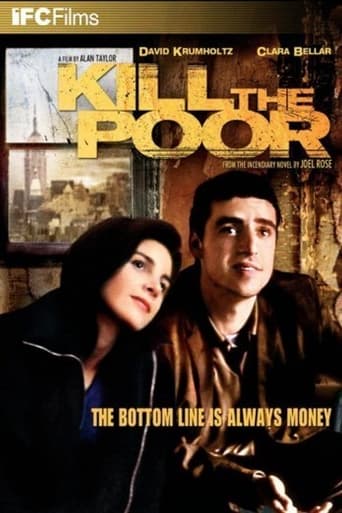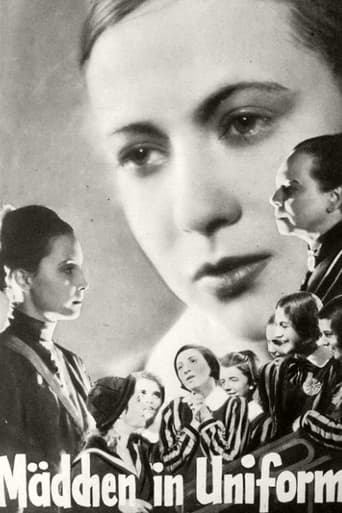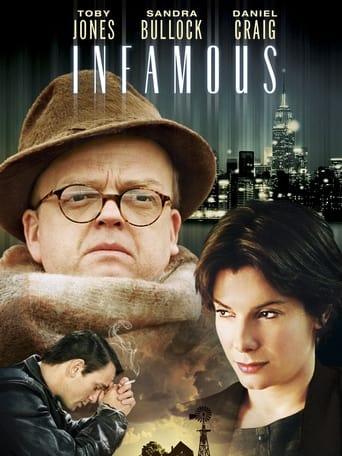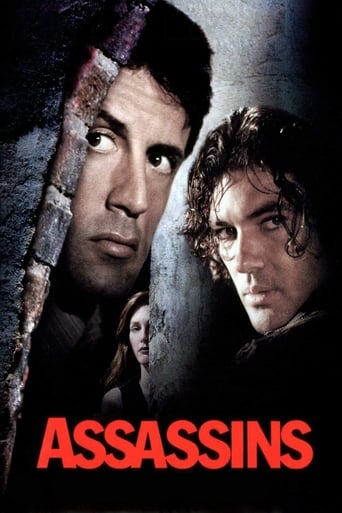The Spy Who Came in from the Cold (1965)
British agent Alec Leamas refuses to come in from the Cold War during the 1960s, choosing to face another mission, which may prove to be his final one.
Watch Trailer
Cast


Similar titles
Reviews
'The Spy Who Came in From the Cold', John Le Carre's third novel, is a cynical and jaded account of the espoionage buisness, and made the author's name, in part due to this film adaptation starring Richard Burton. Watching it now, it feels very dated, with its black and white photography and primitive soundtrack, though Burton is very good as Alec Leamas: whatever you think of Le Carre as a novelist, he does seem to have a knack of describing people whom the right actors can bring convincingly to life (the television adaptation of 'Tinker Tailor Soldier Spy' being the primary example). Some problems, however, feel like they could have been avoided: neither the frequently referenced but hardly seen character of Smiley, nor the critical personal emnity of Leamis and Mundt, are properly established; and the final drama at the Berlin Wall feels amateurish and pedestrian. It's interesting how much film-making skills advanced over the next 15 years: the famous BBC TV Le Carre's also feel dated (while still brilliant) in some ways, but closer to contemporary standards than they do to this.
Martin Ritt's cinematic re-enactment of John le Carré's sensational spy novel, is a somber pièce- de-résistance countervails the much sought-after James Bond franchise (which, over 60 years later, is still a juggernaut groovy train), de-glamorizes its Martini, shaken not stirred screen preconception, and adjusts an intractably realistic spin on the treachery and disillusion of the Janus-faced veiled by the Cold War paranoia. One year after the erection of the Berlin Wall, Alec Leamas (Burton, supremely jaded and miffed) is devolved from the head of UK's West Berlin office after one of his best double-agent is shot dead in the chilling opening long shot. Back to London, a dispirited Alec is reassigned as an insignificant librarian, and strikes up a romantic liaison with his younger co-worker, the self-effacing Nancy Perry (Bloom), although they hold different political persuasions, Nancy is a communist, the idealistic type. After an impulsive physical assault on Patmore (Lee, the first"M" in the Bond series), a grocery shop owner who possibly holds a racist animosity towards Alec's Irish lineage, he is put in prison, and after his release, he is contacted by the member of the East German Intelligence Service, deemed as a potential defector on the face of his demeaning situations. Soon the story reveals that everything aforementioned is a front, in fact, Alec is undertaking a clandestine mission designated by Control, the chief of UK's Secret Intelligence Service (an inscrutably poised Cyril Cusack, not minces word about the vocation's seedy modus operandi), to act as a faux-defector to East Germany and deliver incriminating information to frame a high rank East German officer Mundt (van Eyck) as a paid informant, so that Mundi will be executed by his enterprising deputy Fiedler (Werner). So Alec assiduously climbs the pecking order to gain the trust of his enemies (where Ritt knowingly jeers at the callous rank superiority in the communist party) and finally reaches East Germany where he is under personal interrogation by Fiedler, he tactfully doles out spotty disinformation and gradually earns Fiedler's trust. Everything goes well according to the plan, during a secret tribunal where Mundt is tried, Fiedler's impassioned accusation seems spotless, but one person's appearance tips the scale, but that is not all, the film still pulls the wool over our eyes, until a final twist, in the fashion of Billy Wilder's WITNESS FOR THE PROSECUTION (1957), clears the ulterior motive, and casts an unnerving pathos when Alec delivers the revealing condemnation about the true nature of spy, he and Nancy are given the chance to scramble that damned wall for safety, but at that point, all bets are off. Unflinching in foregrounding its source novel's ingrained skepticism and fatalism, THE SPY WHO CAME IN FROM THE COLD sustains a compelling narrative arc without resorting to action spectacles (gunshots only being fired in two occasions), meanwhile DP. Oswald Morris' expressively noir-ish cinematography and Sol Kaplan's indelibly enthralling score speak volumes of the bleak context where the world is governed by sinister conspiracies and people like Alec and Nancy, however diligent or innocent, are expendable pawns who can never outrun their sorry fate, In retrospect, the film should have been Mr. Burton's crowning point to take that Oscar golden statue which would elude his entire life, he is nominated but loses out to Lee Marvin's Manichaean turn in CAT BALLOU (1965), which as time goes by, looks like a travesty to an increasing extent. Mr. Burton is absolutely at his most impenetrable in limning Alec's flinty carapace during his high-wire act, and most poignant in emoting his smoldering frustration and self-loath when he realizes that he has accidentally consummated his assignment, but at the expense of his conviction to humanity. The supporting cast is also exceptional, significant players like Bloom and Werner, instigate great two-handers - the former plies the story with a tinge of well-balanced warmth whereas the latter is memorably eloquent and radiant to fight for his noble cause, respectively with Mr. Burton, without being overshadowed by the latter's incandescent flair, and a solemn-looking Peter van Eyck ekes out a transfixing about-face moment, with a bloodthirsty dagger nevertheless in his hands. An outright engrossing spy thriller, pulls no punches in challenging its indulgent audience, and steadfastly establishes its growing cachet as a film par excellence in its own genre.
Veteran British espionage agent Alec Leamas is ready to quit the espionage game and take on a desk job, to"come in out of the cold". He is given one last mission, and it's an incredibly dangerous and complex one. By posing as a disillusioned former British agent he is to be recruited by the East German secret police, in the hope of planting seeds of doubt as to the loyalty of its head. The stakes are high and the risks great.Great cold war spy drama, based on the John le Carre novel. Slow- burning and very complex plot. The tension builds well and it becomes a great cerebral exercise. Not much action but that is not a bad thing - it's all about the subterfuge, and what subterfuge it is.Certainly not a pro-West propaganda exercise either - both sides come away looking rather treacherous and villainous. Solid performance by Richard Burton in the lead role. Pretty much the kind of role that suits him perfectly, i.e. that of an intense, drunk cynic. Good support from Claire Bloom.
'Cold' the precognitive word. Shot in a black and white that almost evokes film noir, or even Franz Kafka, this is dark, soul-disturbing, and you should make sure to pay attention (for the love of God put the phone away during this). And it may have been Richard Burton's best performance next to Virginia Woolf, full of fiery drama, some sulking, but plenty of life and vitality sometimes under the surface and sometimes bursting to a point that you feel this character's conflict and pain, which is interesting since it has to burst out from a surface that is, yes, cold and unforgiving.The only thing I didn't quite buy is how quickly Bloom falls in love with Burton early on. That could've used a little more time, and perhaps it was there in the book. But ultimately where this all leads is captivating. How it entirely ties in with the 'Tinker Tailor' world I'm not sure outside George Smiley, but then again it's Control (aka 'The Circus') and home to a whole lot of f***-all-y'all espionage but without the mega-gunfire of a Bond.

